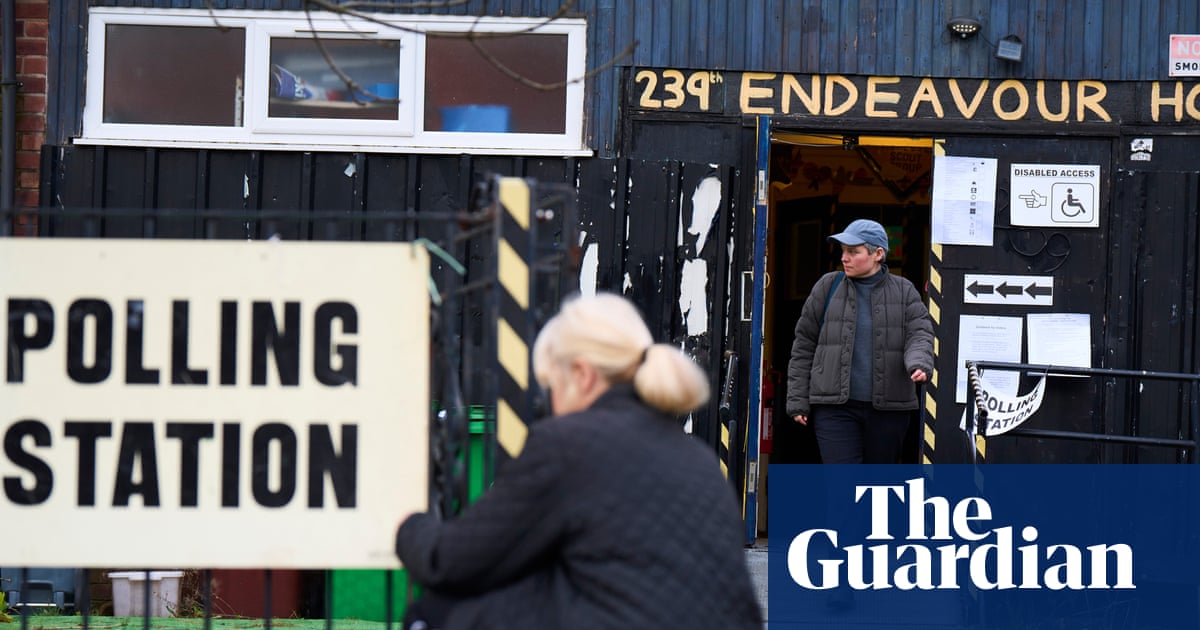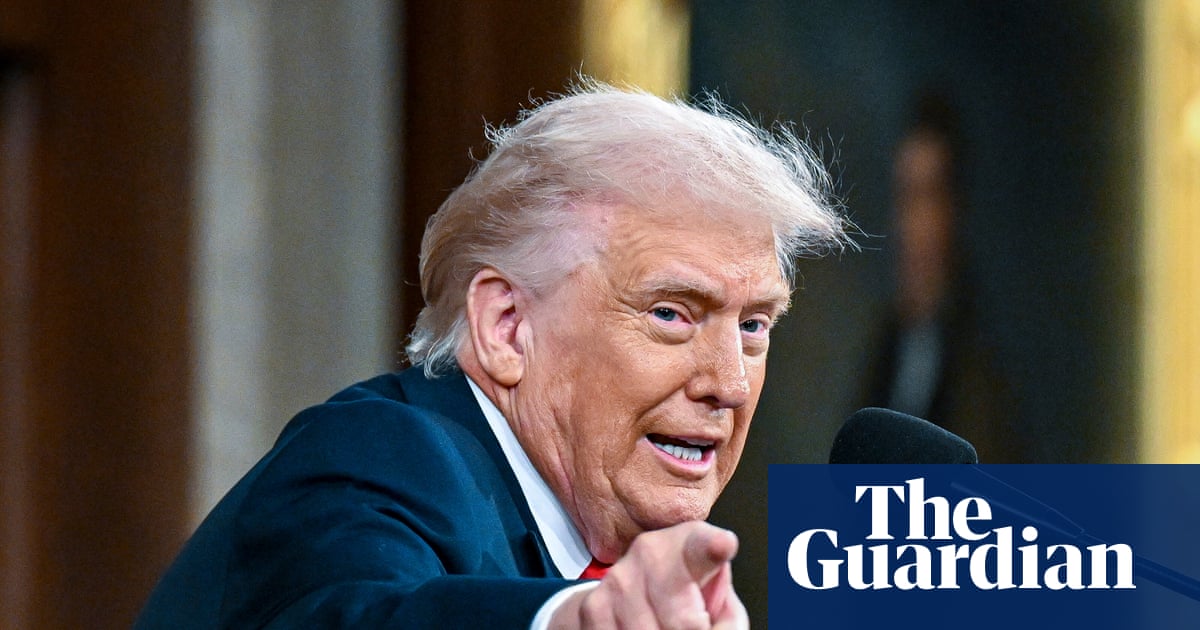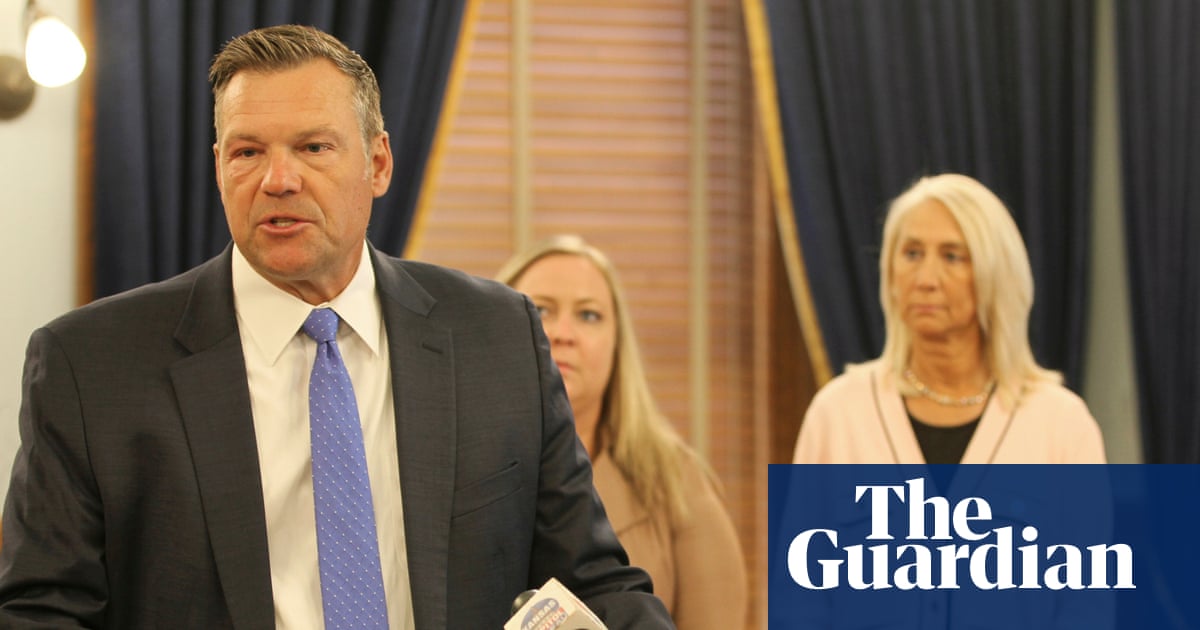Scroll back three years. The person sitting opposite me is yet to take their place at the top of Keir Starmer’s government. Instead, they are a star of the Labour opposition, for whom power advances or recedes with every poll and front page. They have just done a spot of electoral marketing, a photo op at a supermarket 100 or so miles from Westminster, and what they’ve brought home is the politics of the staff.
“They’d all voted for Boris.”
In this parliamentary office of dull green carpet and brown furniture my interviewee wears a mask of disbelief. Workers – backing an Etonian! “One said, ‘He’s a laugh, innee?’ They all laughed.” Fancy giving your vote away so cheaply!
Faster than you can say “Pavlov’s dog”, I demand the next act. Did you ask how these voters feel about their man Boris now – after the pandemic, the parties, the chaos of Brexit? Are they still laughing? But my frontbencher asked no such thing and, slowly, I see why: it smacks of challenge. For the politician in this shop, it is the staff who are the customers – soon to cast their votes – and the customer is always right. Even on something as basic to a democracy as who deserves your cross, to disagree is so disagreeable.
All those clenched jaws and gritted teeth surely helped at last summer’s election, when Labour secured a majority a mile wide and an inch deep. Yet now the British government is defined by its inability to argue. Observers rarely point this out, perhaps because it is masked by Labour’s facility with blank slogans (“Change”) and production line of detailed policies. But fighting? This government is constitutionally incapable of such a thing, because that would involve picking sides and making enemies.
Can you think of one group, one section or vested interest with whom ministers have traded blows? Not greedy bankers, extractive private-equity barons or even (that old Whitehall favourite) obstreperous trade unionists. After racking my brains, the Downing Street shitlist comes to: Jeremy Corbyn, Michelle Mone, bats and newts. Lest we forget, this is the government that said it heeded “the concerns that have been raised by the non-dom community”. The non-dom community! Who gather not at a mosque or synagogue, but on a bobbing yacht to inculcate a sombre-faced Bridget Phillipson (the UK’s minister for equalities) in their more arcane tax practices.
The lack of argument is why all those earnest academics cannot discern an actual Starmerism, why the prime minister’s speeches are such utter blancmange. But it is about to prove highly damaging, perhaps even fatal.
In less than a month, the government will unveil a budget that will be huge in scope, and hugely painful. The public is likely to pick up a tab for £20-30bn in tax rises and spending cuts. This comes just a year after the last hugely painful budget, which was the second-largest tax raiser in postwar history and which Rachel Reeves swore never to repeat. The big headline out of prime minister’s questions this week is that the government is preparing to break its election promise not to hike any of the big three money-raisers of income tax, national insurance or VAT. That would make the second time they’ve broken that same promise, after increasing NI payments by employers.
Right now is when a chancellor should be out making arguments. They should have spent months – years – arguing that the public realm needs investment, and laying out the stats that show the average British worker is taxed less than counterparts in most of western Europe. This weekend, they should be filling in Laura Kuenssberg about the expensive and arduous mission to fix a broken country. And preparing taxpayers for exactly how they’ll have to cough up (loyal backbenchers flying kites, papers from thinktanks, demands from government commissions). This time? Nothing. As things stand, the big reason for the tax rises and thus for misleading an already-suspicious electorate, will be not to pump money into schools and local services, but to observe fiscal rules imposed by Reeves herself last year. Good luck explaining that one on the doorstep. Nigel Farage couldn’t ask for more.
That vacuum where ministers ought to be making their case will instead be filled by the right in both parliament and the press, who will bang on about a lying government (which is fair) and a fiscal crisis (which is nonsense).
A few of us warned long ago that strapping oneself into a budgetary straitjacket to score a point against the party of Liz Truss was as unnecessary as any stunt by Ed Davey, and far more dangerous. As a new pamphlet from the Fabian Society points out, the fiscal rules have been ripped up by chancellors nine times before.
But this lot lack the clarity and firmness even to execute a proper U-turn. The strategy so far is to bitch about “fury” at the Office for Budget Responsibility for belatedly downgrading its forecasts for productivity – the same OBR that Reeves has made the centrepiece of her budget strategy, even promising a “fiscal lock” law. There’ll also be justified complaints about Brexit’s role in weakening the economy. But government is meant to be the business of identifying problems and proposing solutions. If ministers aren’t going to lay out how to significantly tighten trade relationships with Europe, their comments will amount to little more than well-paid kvetching.
after newsletter promotion
Rather than public debate, this administration specialises in dripping poison. Aides brief anonymously against Sue Gray or civil service chief Chris Wormald and they taunt MPs who resist welfare cuts as being guilty of “persistent knobheadery”. It is “an absolute vipers’ nest,” as one government official said last weekend. “This is no way to run a country.”
You can blame the professionalisation of politics, which has given us a frontbench that, throughout their careers, have been insulated from public argument. Couple that with the chronic diffidence that afflicts many in Labour regarding the party’s enduring lack of popularity with the public. Take Reeves, first elected to parliament in 2010 when New Labour still ran the party. Across her tenure, Labour has been rejected by the public in its Brownite guise, its soft-left incarnation (under Ed Miliband) and its hard-left form. This is the kind of political training that teaches you to fear the public, and never show them who you are or what you believe.
But in its essence, politics is a fight – for your side and your beliefs. Think of Tony Blair and the battle he fought with his own party over clause IV, and then against the public sector trade unions (who left him with “scars on my back”). Consider the example of Gordon Brown recruiting a senior banker to head a commission to write a report to soften up the public for a penny on taxes to pay for the NHS. Think of George Osborne arguing for years for spending cuts. And then look at this government, wasting a historic majority and leaving the door to No 10 flapping wide open for Farage and other chancers.
-
Aditya Chakrabortty is a Guardian columnist

.png) 3 months ago
90
3 months ago
90

















































